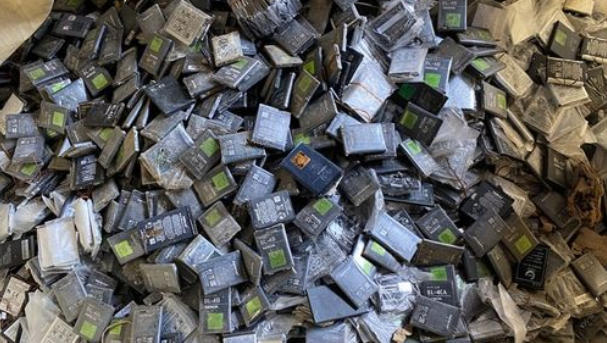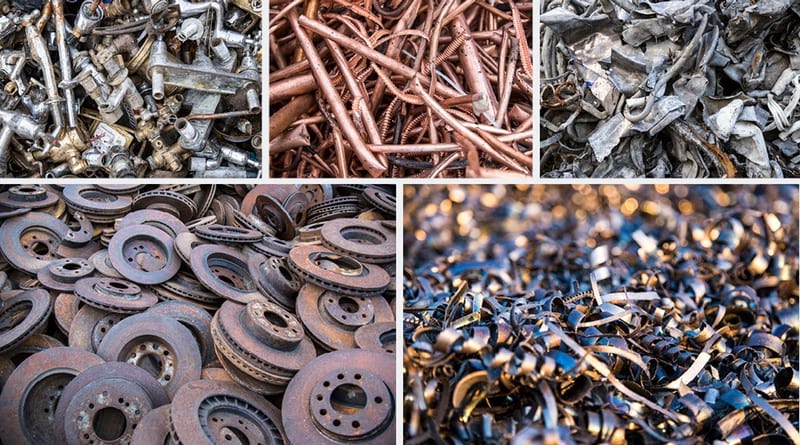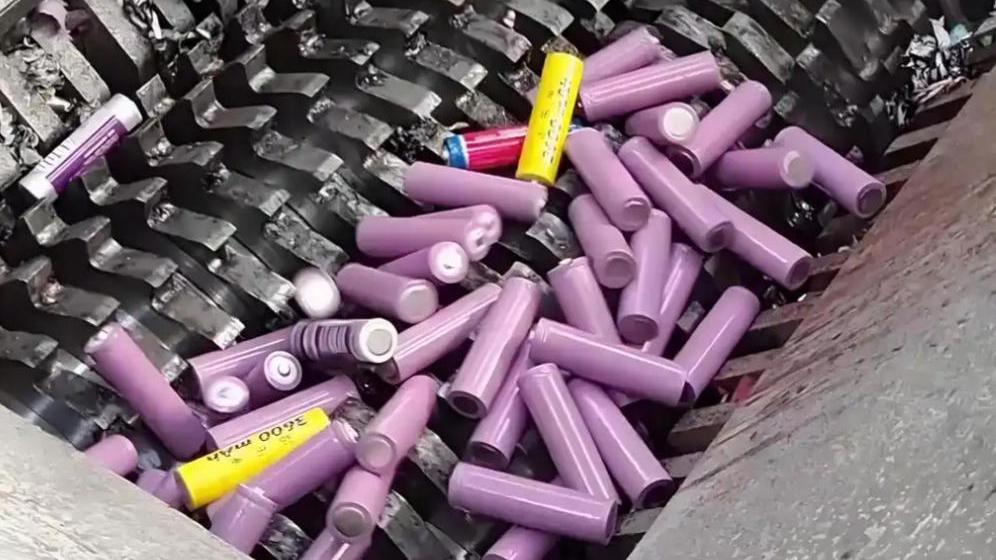As the world focuses on reducing waste and finding sustainable energy sources, Alternative Fuel (RDF/SRF) Systems have become increasingly important. These systems convert waste materials into high-energy fuels that can replace fossil fuels, offering a cleaner and more eco-friendly energy solution. In this blog, we will explore how these systems work, their applications, and the benefits they provide, with a focus on Waste Tire Alternative Fuel (TDF) System.
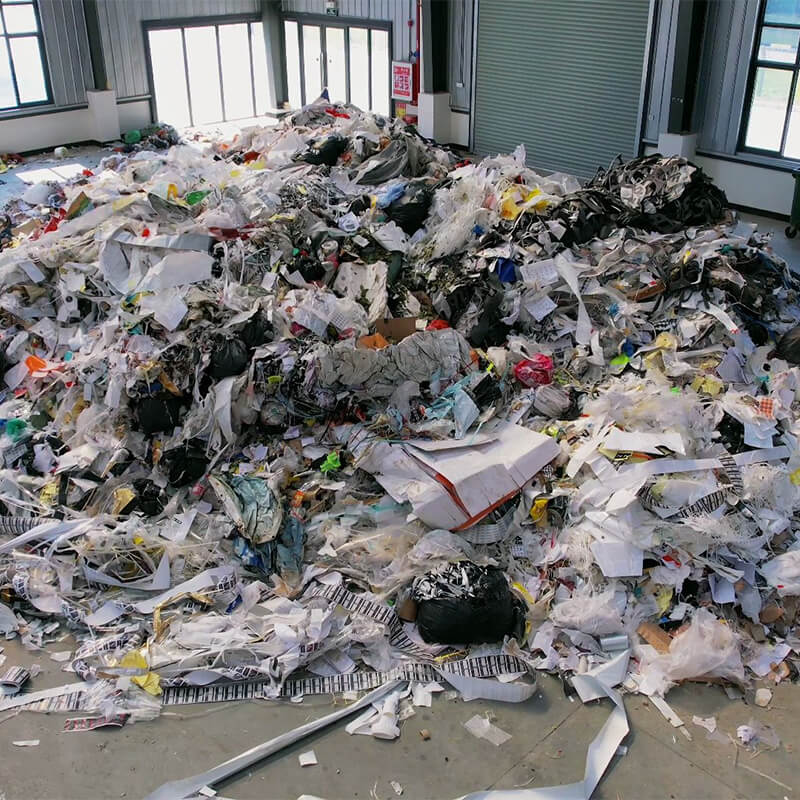
What Are RDF and SRF?
Refuse-Derived Fuel (RDF) and Solid Recovered Fuel (SRF) are fuels made from non-recyclable waste materials. These include plastics, textiles, paper, and even tires. While RDF typically has a more general specification, SRF is processed to meet stricter quality standards, making it suitable for industries like cement kilns and power plants.
By transforming waste into alternative fuels, these systems help reduce landfill waste and minimize the use of fossil fuels, significantly lowering carbon emissions.
Waste Tire Alternative Fuel (TDF) System
One of the most effective applications of RDF/SRF technology is in Waste Tire Alternative Fuel (TDF) System. Tires are a rich source of energy due to their high calorific value. Through shredding, metal separation, and granulation, waste tires are processed into tire-derived fuel, which is used in industries such as cement manufacturing and thermal power plants.
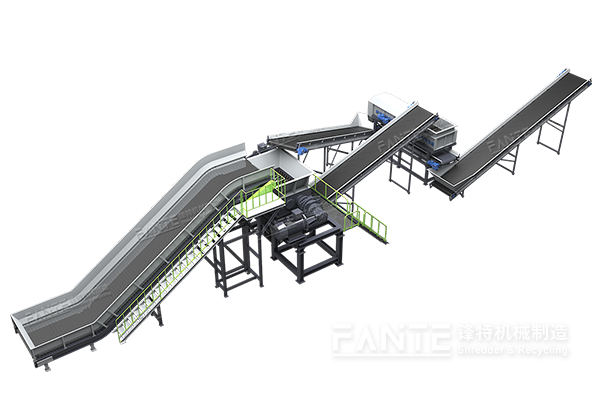
Benefits of TDF Systems:
- Energy Efficiency: Tires have a higher energy output compared to traditional fuels like coal.
- Waste Reduction: Repurposing tires into fuel helps reduce the environmental impact of tire disposal.
- Cost Savings: Industries using TDF can lower their fuel costs while supporting sustainable practices.
Applications of RDF/SRF Systems
RDF and SRF are widely used in various industries, including:
- Cement Kilns: Replace coal with alternative fuels to reduce emissions.
- Power Plants: Generate electricity with cleaner, more sustainable energy.
- Industrial Boilers: Provide energy for heating and manufacturing processes.
Benefits of Alternative Fuel Systems
- Sustainability: Reduce reliance on fossil fuels and promote circular economy practices.
- Waste Management: Divert waste from landfills, lowering environmental impact.
- Lower Emissions: Produce less CO2 and harmful pollutants compared to traditional fuels.
Conclusion
Alternative Fuel (RDF/SRF) Systems offer a practical and eco-friendly way to address waste management and energy needs. With solutions like Waste Tire Alternative Fuel (TDF) Systems, industries can embrace sustainability while reducing costs.
If you have any questions or need expert guidance on implementing an RDF/SRF system, contact us today! Let’s work together to create a cleaner, greener future.

